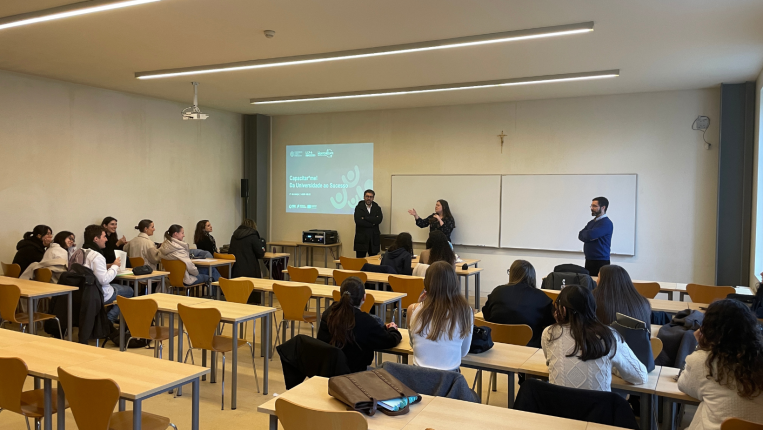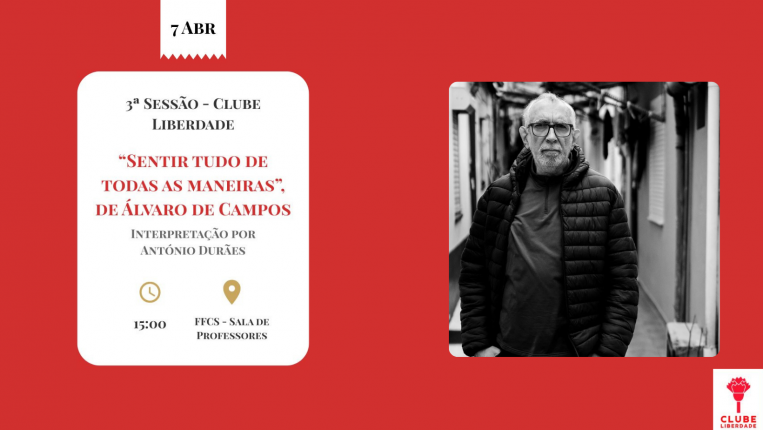What does this course offer?
The intense pace and constant changes inherent to living in today's social contexts imply a high consumption of physical and psychological resources that can compromise physical and mental health.
The absence of meaning, which has become a frequent and widespread phenomenon in contemporary society, associated with the current economic and financial crisis, has naturally been reflected in the intensification of an environment of uncertainty and unpredictability in the most diverse social spheres.
More recently, it appears that the emergence of the pandemic crisis followed by the Russian-Ukrainian war and the Israeli-Palestinian conflict have fueled a scenario of economic recession, unemployment and poverty, as well as a climate of hostility and social alienation and, above all, a loss of meaning.
The capabilities of empathy, cooperation, personal self-affirmation and expression of character strengths such as courage or forgiveness, as well as self-determination in a sense of life, therefore constitute essential aspects in training aimed at personal and existential development.
By promoting the study of the conditions that contribute to the expression of human fulfillment, Positive Psychology values the experience of emotions and the practice of character strengths as a way of preventing illness and reinforcing self-sufficiency in the face of adversity.
In turn, based on the assumption that the deepest motivation of human beings is the search for a purpose for their life, Logotherapy is a psychotherapy aimed at treating the existential void, offering an innovative therapeutic proposal for the reconstruction the meaning of the experience of suffering and the clarification of the meaning of life.
This justified the relevance of designing training that favors pedagogical strategies that facilitate dialogue about the value of the person, dreams and future planning as ways of fostering personal and existential development.
In this sense, the design of the teaching methodology for this Advanced Training had Appreciative Inquiry as its theoretical-practical reference, with a view to stimulating inspiration and artistic expression through the use of illustrators such as cinema, poetry, music, mindfulness and the writing of testimonial stories or referential memories.
What are the goals?
Main goal
Promote personal and existential development through the practice of character strengths and the clarification of life purpose.
Specific objectives
At the end of the action, students should be able to:
- Understand the relationship between the experience of emotions and health, well-being and personal fulfillment;
- Apply a referential approach to clarify the meaning and purpose of life;
- Use strategies/methods to practice virtues, character strengths and define life goals;
- Having personal resources in terms of managing stress and mindfulness.




